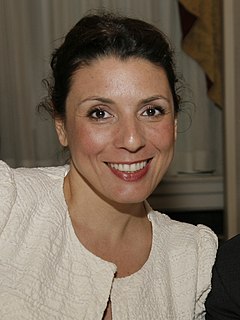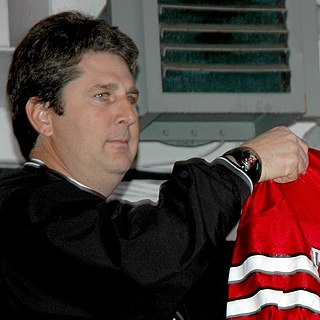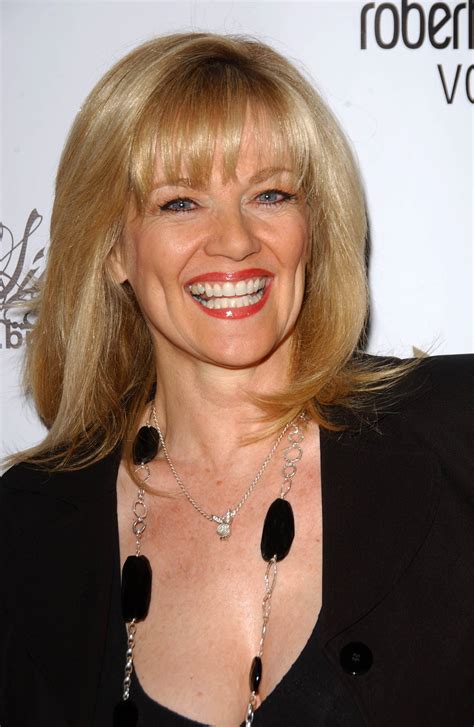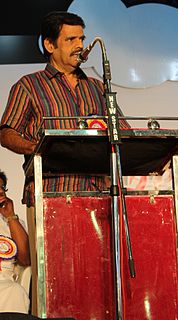A Quote by Masha Gessen
What has happened to protesters in the past was that, basically, the government in 2012 put an end to a series of mass protests by changing laws, by making it possible to arrest anybody for protests, and by making basically a show of imprisoning not just protest leaders, and not specifically protest leaders, but activists, rank-and-file protest participants. That gets across the idea that anybody who joins a protest without being an organizer, without being a visible leader, risks arrest, and not risks just arrest, but years in a Russian jail.
Related Quotes
Take the people facing charges in connection with the protests that occurred on the eve of Vladimir Putin's third-term inauguration, May 6, 2012. Hundreds were arrested but what's important is that most of those charged are not leaders in the movement. In fact, only one is an identifiable leader. The rest are rank-and-file activists, or people who just came to the protest. This indicates a very particular kind of crackdown - it communicates the message that there's no safe zone.
Iran has a young population, and the desire to get out from under conservative religious social restrictions and to be able to speak their mind without fear of arrest is palpable. But nearly seven years after authorities crushed massive street protests, reformers are still threatened with arrest and expectations for change are extremely low.
It is the first time since 1993 that Russians have come out into the streets without an explicit permission from the government to do so. The main difference between the protests of 2011-2012 and these protests today is that they didn't have permits. These were - the people who were coming out into the streets were very young people, for the most part, who knew that they were all risking arrest. It's an extraordinary event.
But everyone cannot be there, and that is why photographers go there - to show them, to reach out and grab them and make them stop what they are doing and pay attention to what is going on - to create pictures powerful enough to overcome the diluting effects of the mass media and shake people out of their indifference - to protest and by the strength of that protest to make others protest.






























